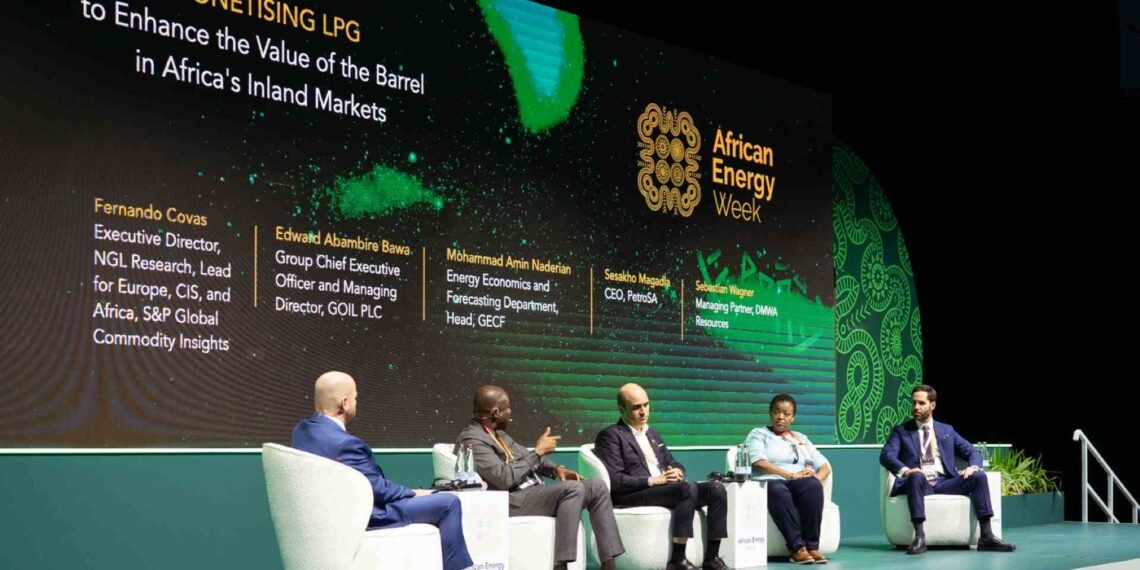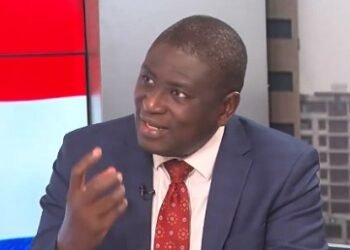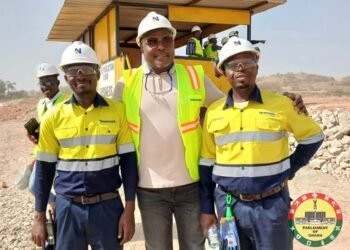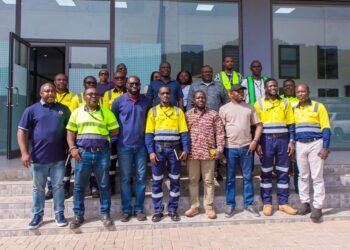GOIL PLC, Ghana’s largest oil and gas marketing company, has unveiled a bold plan to commission an additional 12,000 metric tons of liquefied petroleum gas (LPG) storage capacity over the next year.
The $50 million investment was announced during a panel at Africa Energy Week (AEW): Invest in African Energies 2025, positioning the company at the center of Ghana’s efforts to strengthen domestic energy security and expand access to clean cooking fuel.
Edward Abambire Bawa, Group Chief Executive Officer and Managing Director of GOIL PLC, told delegates that the investment was part of a transformative strategy to bridge Ghana’s critical LPG supply gaps.
“Guided by the 2024 baseline consumption of 340 million kilograms of LPG sold nationally, this expansion aims to address a storage limitation that currently covers just two to three weeks of national demand.”
Edward Abambire Bawa, Group Chief Executive Officer and Managing Director of GOIL PLC
Hon. Bawa stated that the current challenge also presents a prime investment opportunity, emphasizing that expanding infrastructure is essential to unlocking the full monetisation potential of LPG, which would benefit producers, distributors, and end consumers alike.
LPG has become an increasingly central component of Ghana’s energy mix, driven by rising population growth, urbanisation, and government efforts to transition households away from kerosene and charcoal.
But storage and distribution remain major bottlenecks. GOIL’s planned storage capacity expansion is expected to help stabilise supply while ensuring that demand surges particularly during festive and peak cooking seasons are met without disruptions.
Industry analysts say Ghana’s LPG consumption has consistently outpaced infrastructure development. Without investment in storage and distribution, the country risks shortages that could undermine both household energy security and industrial growth.
GOIL’s Expanding Infrastructure Footprint

GOIL’s new investment is not occurring in isolation. In recent years, the company has launched multiple Autogas stations across five regions, including key urban centers such as Accra and Kumasi.
It also commissioned a polymer-modified bitumen terminal in Tema to support related energy and infrastructure needs.
Through its nationwide distribution network, GOIL has steadily built a reputation for reliability and market leadership.
Hon. Bawa emphasized that the company’s ambition is not just to supply fuel but to help catalyze Ghana’s broader energy transition.
“Expanding LPG access requires more than tanks and pipelines.
“It requires innovative business models, digital payment solutions tailored to household cash flows, and deliberate policies that ensure even rural communities benefit.”
Edward Abambire Bawa, Group Chief Executive Officer and Managing Director of GOIL PLC
The panel also featured international voices underscoring LPG’s growing role in Africa’s energy transition. Mohammed Amin Naderian, Head of Energy Economics and Forecasting at the Gas Exporting Countries Forum (GECF), warned against viewing LPG as a marginal fuel.
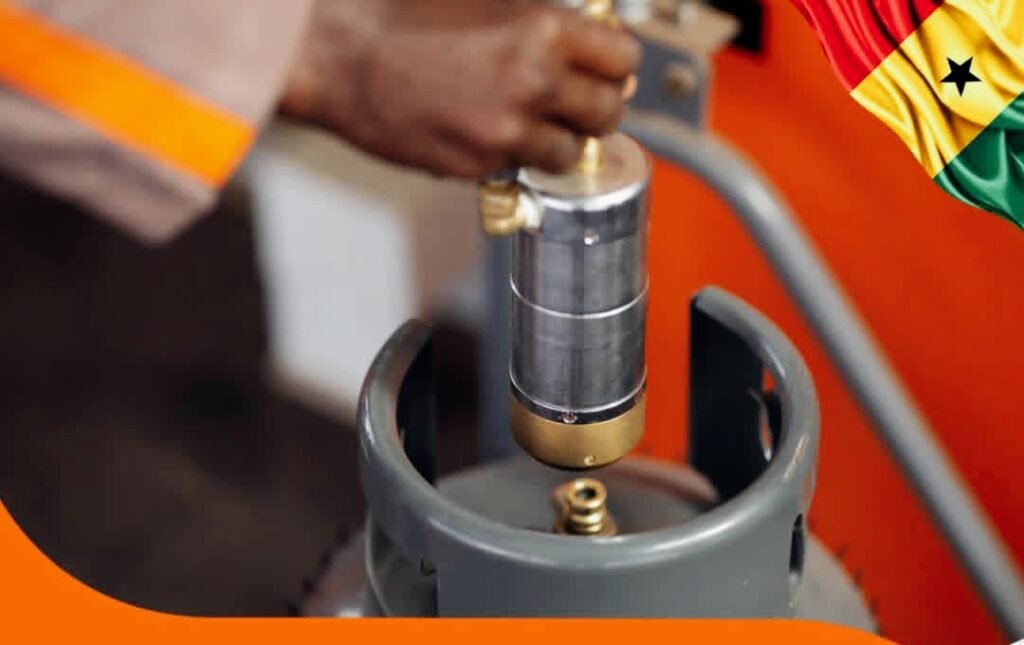
“Monetising gas is not simply about producing greater volumes but about creating value along the entire supply chain.
“From production through storage, transportation, and distribution, every link must function effectively to reach the household consumer.”
Mohammed Amin Naderian, Head of Energy Economics and Forecasting at the Gas Exporting Countries Forum (GECF)
Naderian stressed that while policies are important, they must be stable and transparent to avoid market distortions.
“Policy is a catalyst, not the solution itself. Poorly designed or inconsistent regulations risk abrupt collapses.
“Stable and predictable rules are essential to reduce investment risks.”
Mohammed Amin Naderian, Head of Energy Economics and Forecasting at the Gas Exporting Countries Forum (GECF)
Sebastian Wagner, Managing Partner at DMWA Resources, echoed this sentiment, citing Rwanda’s regulatory stability and adoption of digital payments as key to its growing LPG market.
“LPG often flies under the radar compared to LNG, but it is gaining momentum through smart investments and government partnerships aimed at reducing gas flaring and capturing value.”
Sebastian Wagner, Managing Partner at DMWA Resources
Lessons from South Africa

Adding a regional dimension, Sesakho Magadla, CEO of PetroSA, shared South Africa’s experience with LPG demand, which averages 350,000 metric tons annually but can spike to 550,000 metric tons during peak periods.
“Despite growing demand, our infrastructure development has lagged.
“Investments in reverse flow pipelines and new terminals in Durban are critical to unlocking capacity, but only close public-private collaboration will ensure sustainable progress.”
Sesakho Magadla, CEO of PetroSA
His remarks reinforced the shared challenge across African energy markets: aligning infrastructure development with surging demand while ensuring affordability for consumers.
For Ghana, GOIL’s $50 million investment represents both a practical step towards securing supply and a signal to international investors that the country is serious about building a robust LPG ecosystem.
“Energy security is about foresight and preparation.
“This investment reflects GOIL’s commitment to anticipating future needs and ensuring that no Ghanaian household or business is left behind.”
Edward Abambire Bawa, Group Chief Executive Officer and Managing Director of GOIL PLC
As discussions at Africa Energy Week made clear, LPG’s role in Africa’s energy future is increasingly recognized.
For Ghana, the challenge now lies in executing infrastructure projects quickly, ensuring regulatory stability, and expanding access to rural areas where dependence on traditional fuels remains high.
If successful, GOIL’s expansion could serve as a model for other African nations seeking to balance energy security with economic growth and environmental sustainability.
READ ALSO: Market Cheers as Ghana’s Treasury Auction Breaks Four-Week Drought with 15.8% Oversubscription

